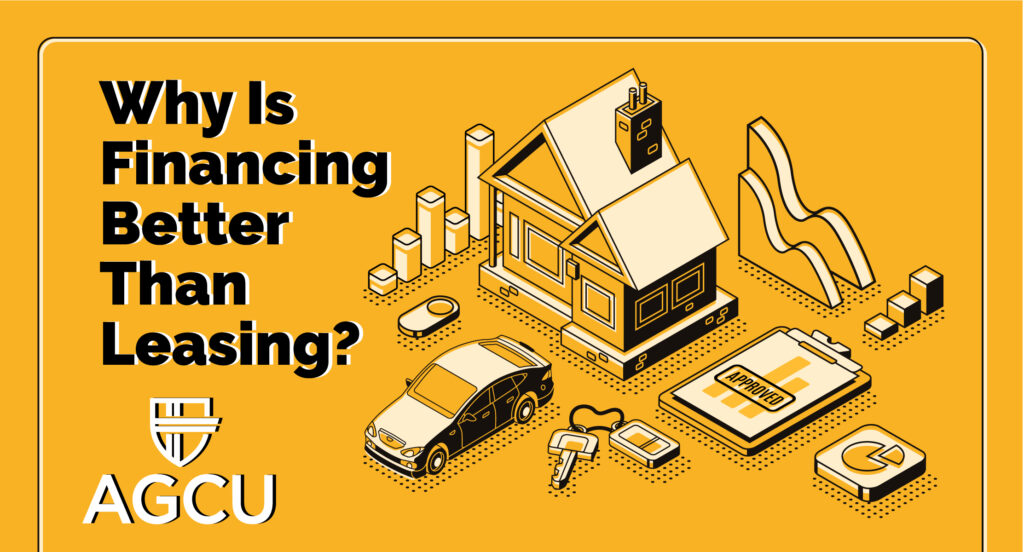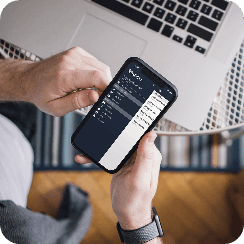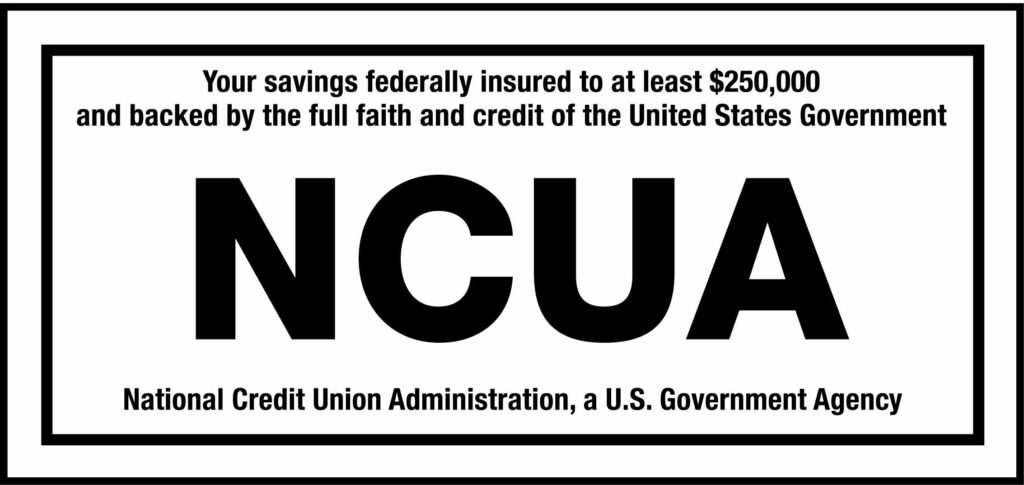Financing vs. Leasing
 Why is Financing a Vehicle Better than Leasing?
Why is Financing a Vehicle Better than Leasing?
Since the majority of buyers don’t have enough money on hand to pay for a car in full, two of the most popular options for getting behind the wheel are leasing and financing.
Navigating the car buying process can feel overwhelming, confusing, and inaccessible for many people. One of the most complicated parts of the experience can be trying to parse out how to get the best deal on a car that suits your needs. Since the majority of buyers don’t have enough money on hand to pay for a car in full, two of the most popular options for getting behind the wheel are leasing and financing.
The difference between leasing and financing
 At first glance, both leasing and financing can seem like similar options, but there are a few critical differences. To put it simply, the process of financing a car is very much like paying off a home loan. You can secure a loan for the full amount of the vehicle from a third-party financial institution or directly through the dealership, then pay the loan back in monthly installments. Once you’ve paid back the loan, you own the car in full.
At first glance, both leasing and financing can seem like similar options, but there are a few critical differences. To put it simply, the process of financing a car is very much like paying off a home loan. You can secure a loan for the full amount of the vehicle from a third-party financial institution or directly through the dealership, then pay the loan back in monthly installments. Once you’ve paid back the loan, you own the car in full.
Leasing, on the other hand, is essentially a rental. You pay the dealership a rental fee to drive the vehicle for a set period, then return it at the end of the term.
Gain an asset
It may seem simplistic, but the fact that you’ll end up owning your vehicle in full at the end of your loan term is an essential factor to consider when choosing whether to finance or lease. In an article written by David Weliver for MoneyUnder30.com, several experts weighed in on the benefit of having a tangible asset at the end of a loan.
Allyson Baumeister, a member of the Texas Society of Certified Public Accountants, stated, “When you lease a car, you make payments for a specified period of time and then at the end of the term you have nothing to show for your money. You own nothing. However, when you buy a car, at the end of the term, you own a car. You can keep that car indefinitely or sell that car for value.” Echoing that sentiment, Clare Levinson, a member of the National CPA Financial Literacy Commission, continued by saying, “With buying, eventually you will have paid off the car and no longer have the expense of the monthly payment,” whereas lease payments continue indefinitely.
Flexibility
The fact that you’ll end up owning your vehicle at the end of the loan term gives you the freedom to drive your car how you see fit, an option you do not receive with a lease. For instance, most lease agreements include mileage caps that limit how far you can drive your leased vehicle without racking up fees. Investopedia’s Daniel Kurt states that typical mileage limits are in the range of 12,000 to 15,000 miles per year, usually over a three or four-year term. If you drive for work or visit family frequently, a lease could end up costing you additional money per mile.
Beyond mileage caps, leasing puts restrictions on any customization — like a new sound system or radio — and any noticeable wear and tear. If you enjoy off-roading or want to use a leased vehicle on a worksite, you’re virtually guaranteed to get hit with a fine.
Furthermore, you can choose to trade or sell your car at any point during the duration of your loan. If you find that the vehicle is no longer suiting your needs, simply put the resale or trade value towards the remaining balance of your loan, and the cost of your next vehicle. You can return a leased vehicle, but since that violates the terms of the agreement, you’ll need to pay a termination fee.
Lower lifetime cost
One of the most common arguments in favor of leasing is that monthly payments are typically lower than they would be for a loan. Kurt corroborated this claim, but also mentioned, “If you’re thinking about the long-term financial impact, leases start to look less attractive.”
In his article, David Weliver broke down how paying less per month for a lease costs considerably more money in the long run. The basis for his stance hangs on the fact that at a certain point, you will no longer have to make payments on your loan. If you’ve taken good care of your vehicle, you can resell it for a profit. In his calculations, based on two identical 2014 sedans — one leased, the other financed — the driver of the financed vehicle would save roughly $6,500 over six years when compared with the driver of the leased model.
With very few exceptions, financing your car is a more secure investment than leasing. If you’re ready to begin looking for a new vehicle and have questions about our vehicle loans? Want to know about the application process? Contact us for more information or to schedule an appointment with a loan officer.
Curious about our rates? View current loan rates here.
If you’re ready to apply, start your application now.
Interested in learning about AGCU’s vehicle insurance rates?
Take a look at AGCU Insurance and see if they can save you time and money on your insurance coverage.
Banking With A Purpose
Much more than a catchphrase, our tagline is our passion, our reason why we do what we do. This is the impact of your membership with AGCU. Learn More About Banking with a Purpose



